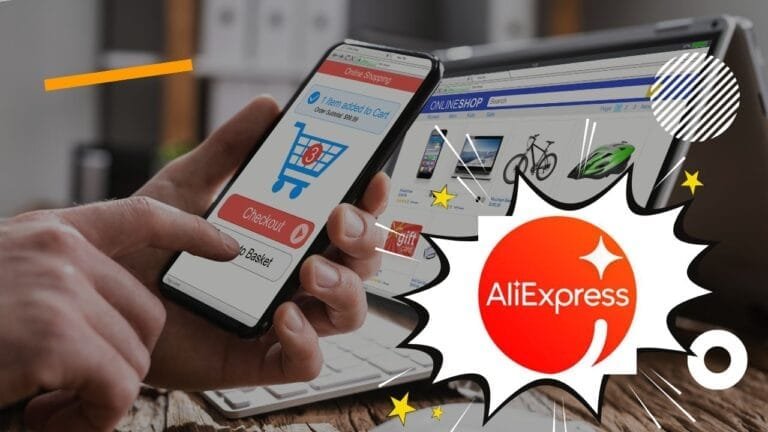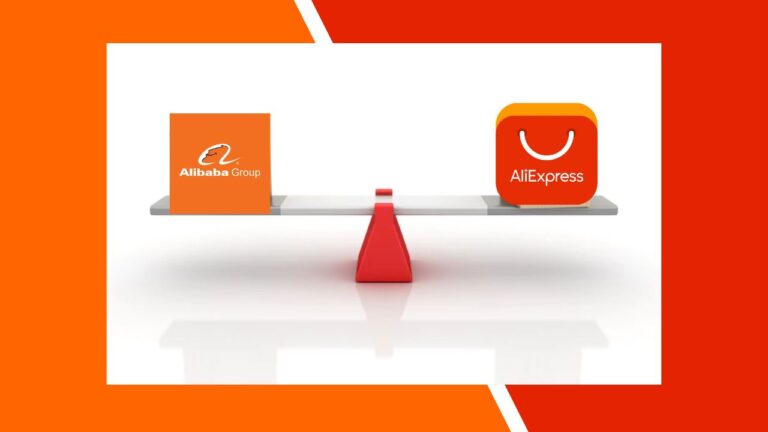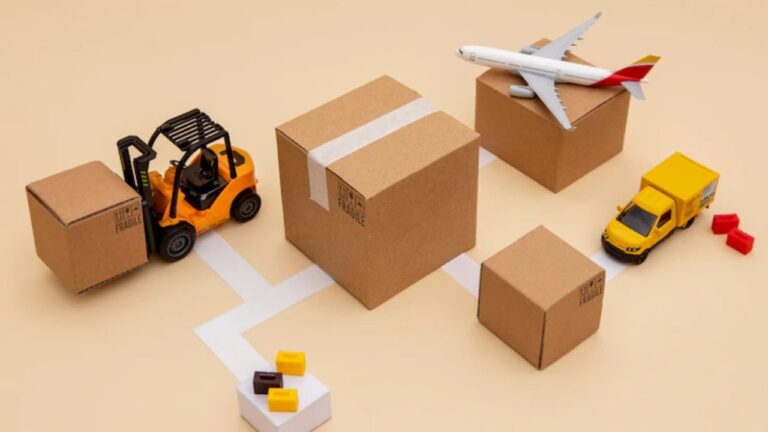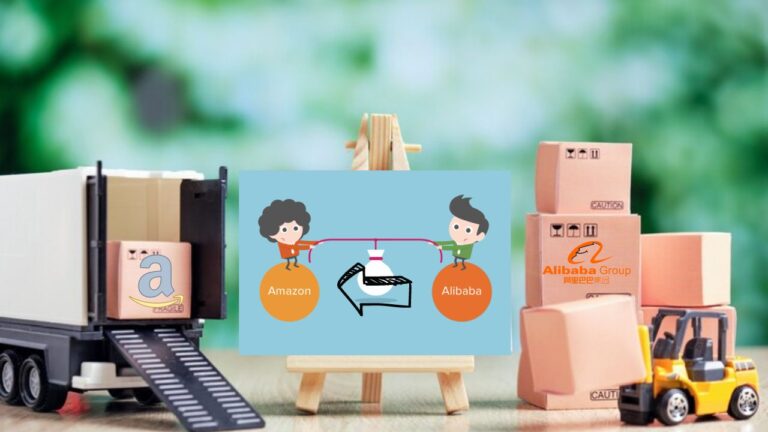Among the most typically utilized terms in shipping freight are consignee and consigner. While these two might be perceived as receivers and senders, there’s more to it.
This post will cover more about the important role of a consignee in the freight transaction. Let’s look at how they are used, particularly in shipping.
What is Consignee?
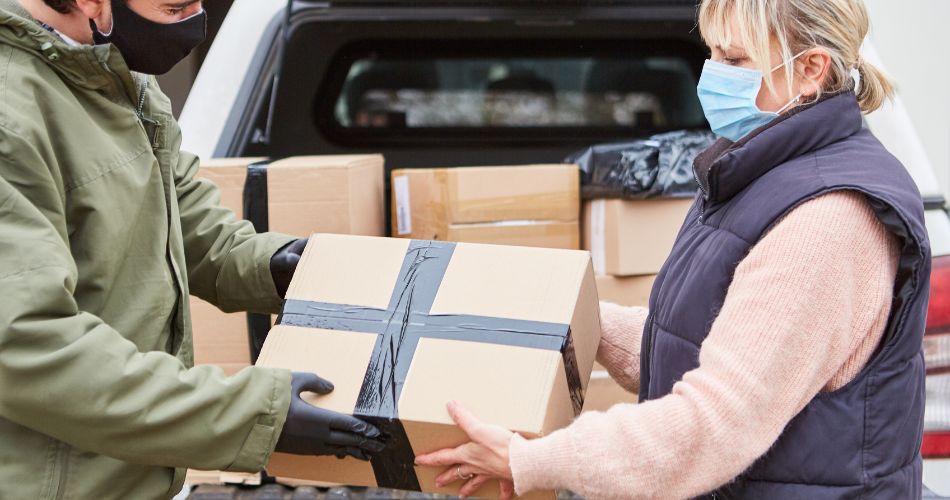
The consignee is the party who receives the goods. They are the client. This individual takes ownership of the packages once they’ve cleared customs and is often responsible for import duties and taxes.
Also, the consignee may be the importer of records of the packages, but that’s not always the case. They may also refer to as the customer, client, or receiver.
What is Consignor?

On the other hand, the consignor is the party that ships the product. They could be a factory, distribution center, or anyone that has entered into a contract or shipped goods. Normally, the ownership of the goods stays within the consignor until after the consignee pays for them in full.
Also, the consignor is the exporter of record when shipping internationally. Remember that a consigner might be a distribution center, a factory, or a drop-ship origin location.
When shipping internationally, the consignor is also the exporter of record.
Who is the Notify Party?

The notify party and the consignee can become the same entity. However, they might not be. If they aren’t the same party, there are a few major differences between these two roles:
· Notify party can be the destination port customs broker or customs brokerage.
· Each shipment should have a consignee, but having a notify party can be optional
· The title of the goods is directly associated with the consignee
· The consignee or notify party could claim the goods from the carrier
Normally, the notifying parties are like they sound. You notify them of the shipment’s arrival. However, they can’t take ownership or title of the shipments.
When Do We Need to Add Notify Party on the BL?
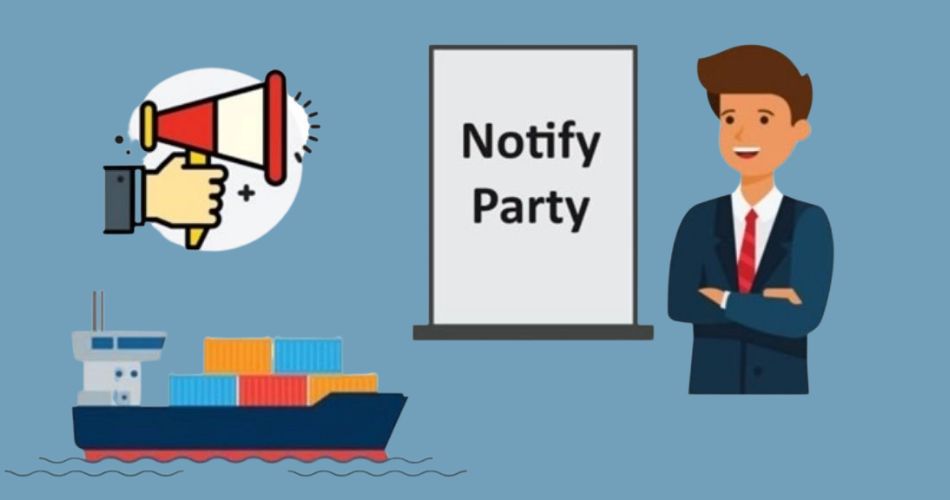
There’s no need for you to always include a notification party on the shipments destined to be delivered.
On top of that, a notify party is only needed if you would like somebody else to know about the product’s delivery and help with customs clearance.
Some good examples of possible notify parties might include.
· Any other entity that has an interest in learning about the goods’ arrival and delivery
· Insurance providers who have insured the shipment
· Trader or indenting agent who brokered the shipment or deal and wished to keep tabs on the shipment
· Any agent of the consignee who must know the status of the shipment, like the clearing agent or freight forwarder
The notification may be asked, but many freight forwarders don’t accept liabilities connected with the failure to notify promptly.
The main Information on The Bill of Lading

A bill of lading is a negotiable shipping document issued by the freight carrier to the customer as an acknowledgment of the freight receipt for transport. It’s the contract between the customer and the freight carrier to transport the customer’s goods from one point to the final destination.
Here, the customer of the freight carrier will be the consignor. A bill of lading is the document required for your shipment.
Here are the elements of a bill of lading:
· Names and addresses of the shipper (normally the consignor)
· Shipment date
· Quantity
· Exact weight
· Value
· Freight classification
· A complete description of the freight (whether they are categorized as hazardous)
· The type of packaging utilized
· Any instructions for the carrier
· Any special order tracking numbers
Conclusion
I hope this article helps you understand the definition of consignee and consignor. If needed, arrange shipment from China to any other country by air, Ocean, Rail, or Express freight. contact us at any time to get a free quote.
FAQs
Have more questions you want to be answered? Here it is.
Who is the consignee, for example?
The consignee is the person who has been designated as the goods’ recipient. For instance, the house builder who receives the wood flooring from the merchant is a great example of a consignee.The merchant shipped the wood flooring to the home builder.
Can the consignee be the shipper?
The consignee some times may be the notify party in the shipment process. It could be a third party who has been entrusted with the task of clearing and transporting the goods to the consignee.
in some cases, the consignee is the same as the shipper. That is because of some companies with branches in different countries. If the branch office sends goods to the main office, then the consignee is the shipper and receiver simultaneously.
What is the difference between the buyer and the consignee?
The consignee is the person who’s assigned to receive or accept the goods and the ultimate owner of the goods. They are also the customer assigned to hold the goods for delivery or sale by another party or agent.
Meanwhile, the buyer contracts to acquire an asset for some consideration.
Is the consignee the owner of the goods?
Yes. The consignee is the shipment’s receiver and normally the goods’ owner. Once these are cleared through customers, this person will take ownership of them. In a simple import and export transaction correctly, the consignee is the party paying the import taxes and duties.
Is the importer the shipper?
An importer of record is the person shipping the goods into the destination country. They’re in charge of guaranteeing all the documents are in place, the payments are made, and the goods being imported have already been paid for their customs duties and cleared.
Is the exporter the same as the shipper?
Shippers are the companies or people who ship the goods whose information is stated in the shipping documents.they can be the same as Exporter.


